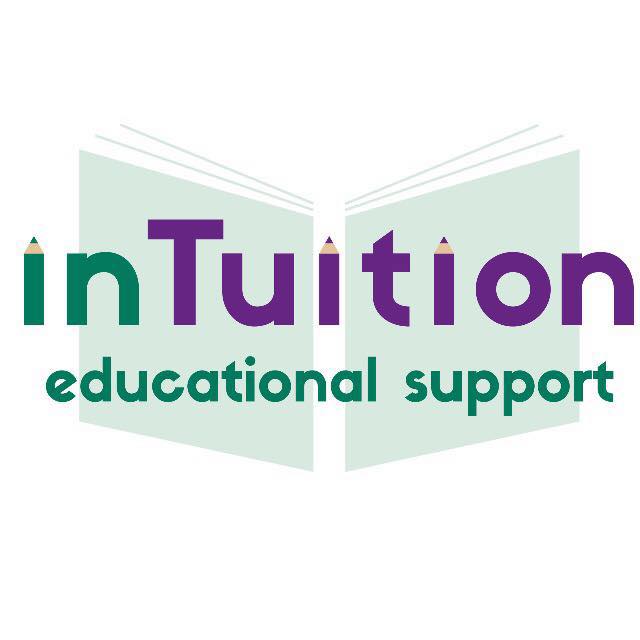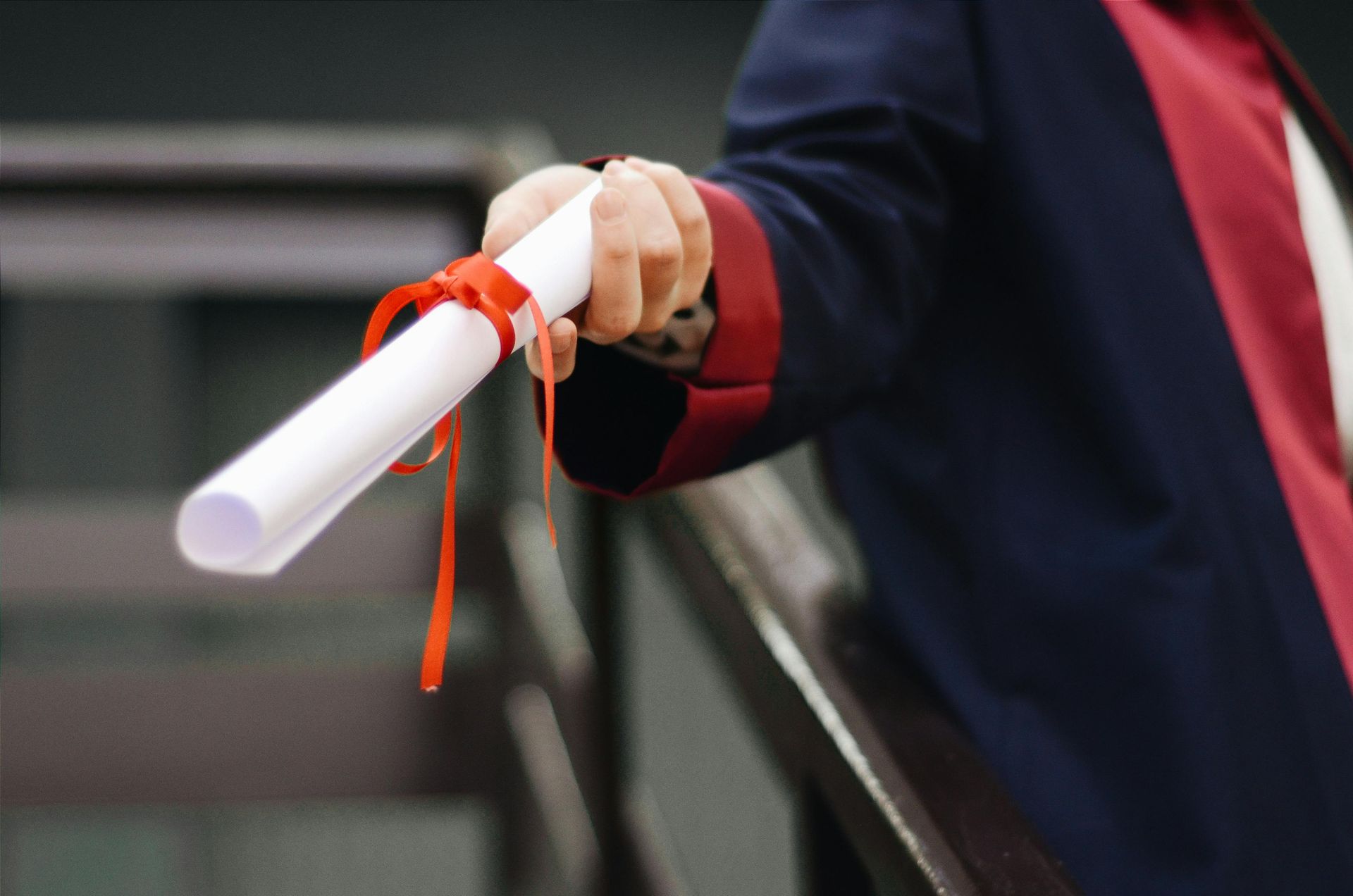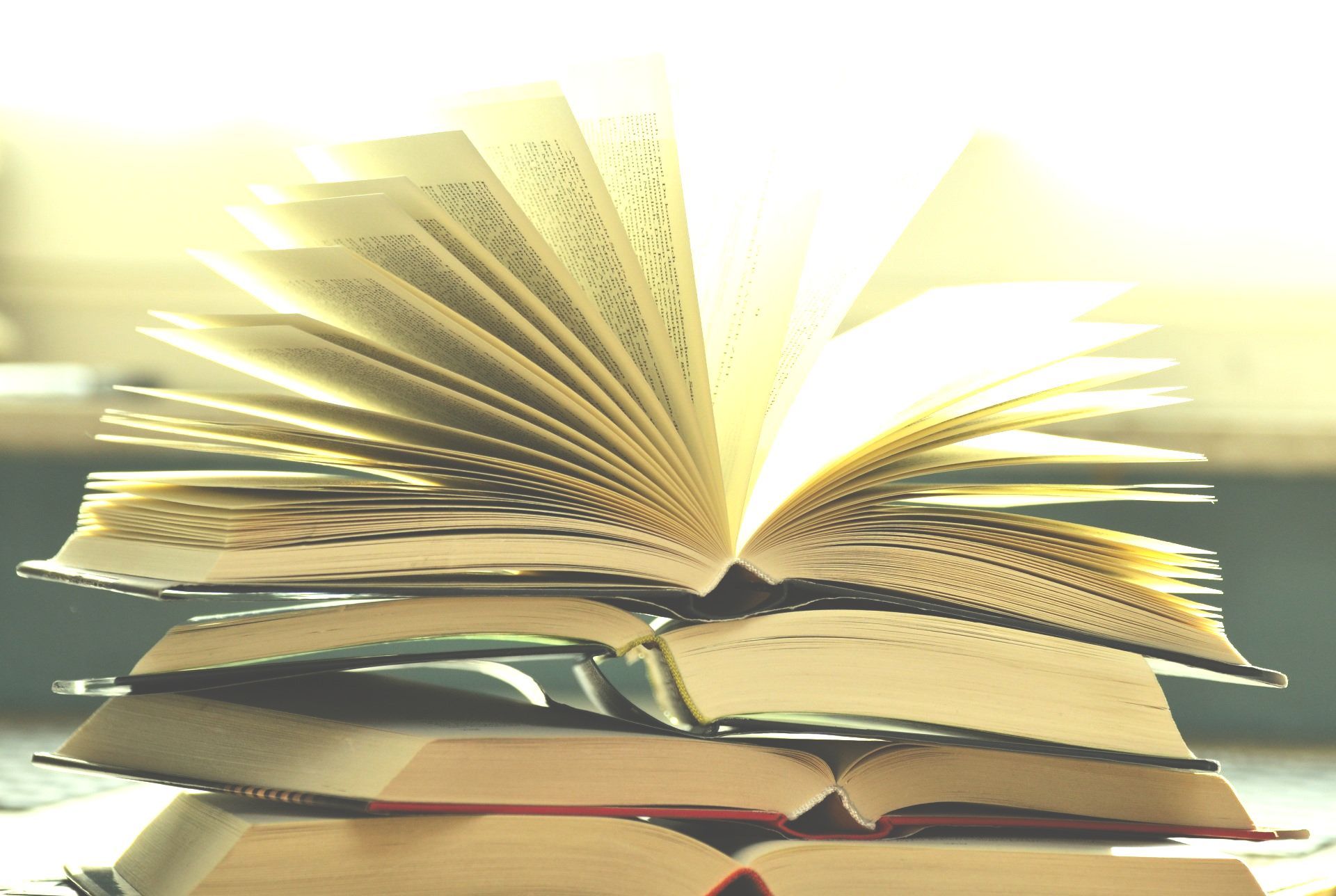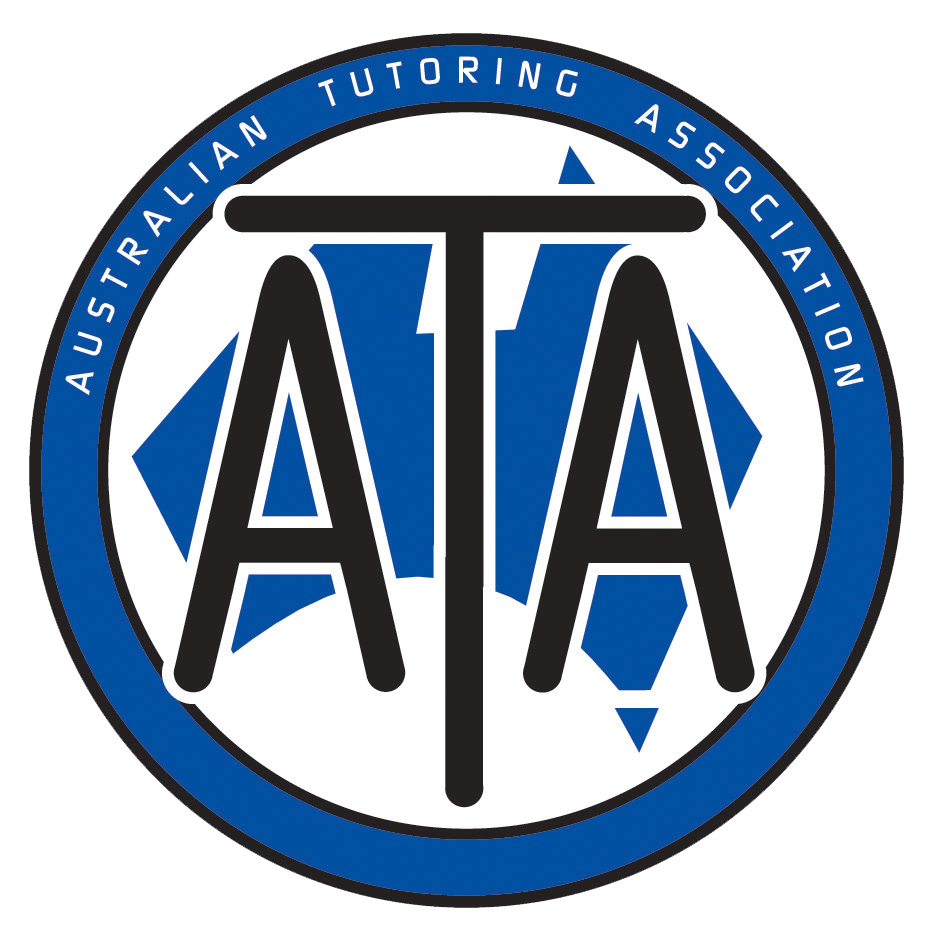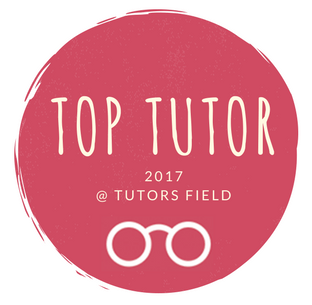Gold Star Curiousity
Rewarding the Courage to Explore
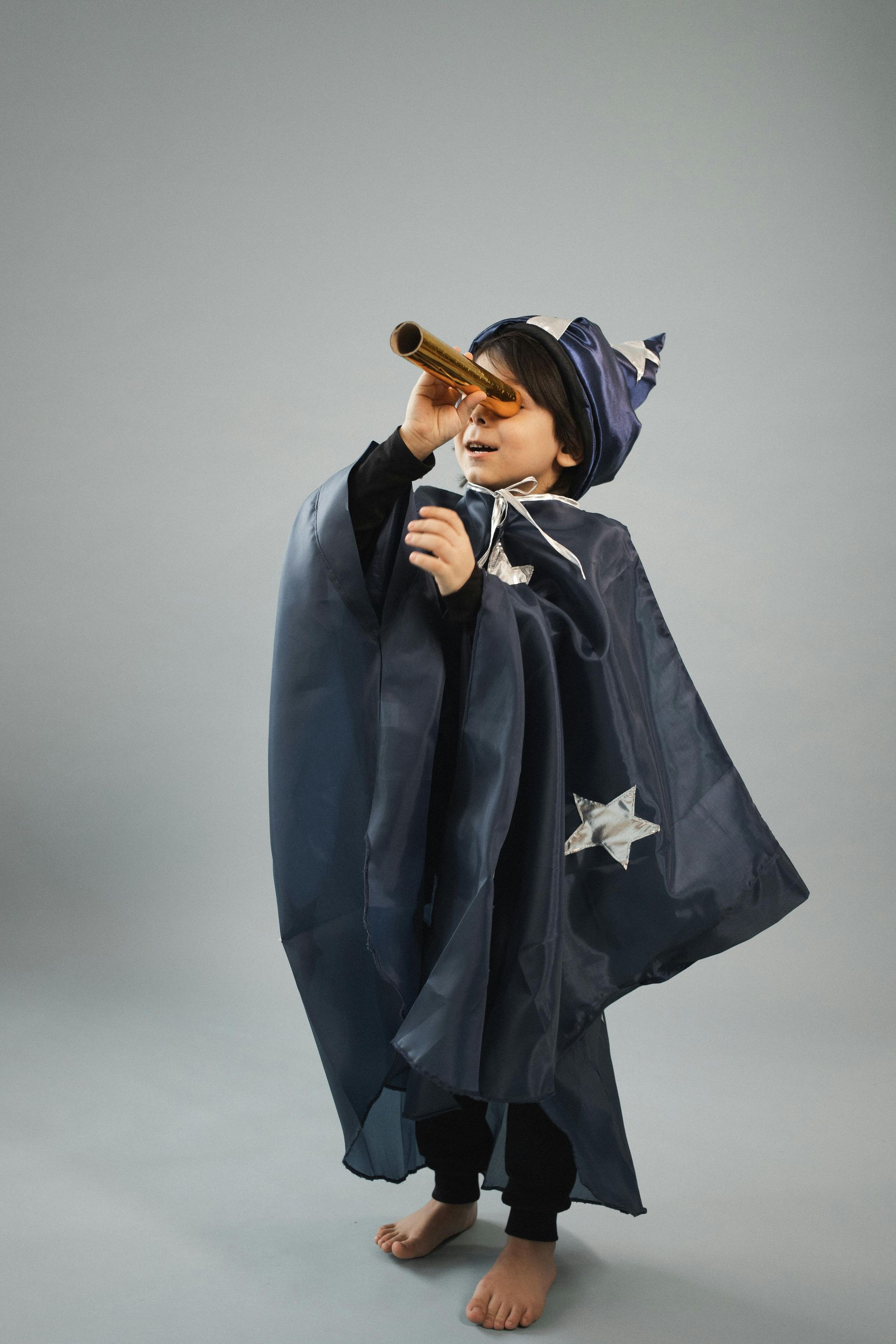
Workshop tutors are often asked, "Is there any homework?" As a writing tutor, I frequently provided work for students to take home, only to find that many returned the following week having not completed it. Whether due to time constraints, lack of motivation, or simply forgetting, traditional homework didn’t seem to be inspiring deeper engagement outside the classroom.
But what if homework wasn’t just about ticking off an assignment? What if it was about sparking curiosity and encouraging students to take ownership of their learning?
At Intuition Educational Support, we decided to try something new.
Turning Curiosity into a Habit
A maths tutor at our centre recently wrote about the difference between being curious and having the courage to satisfy that curiosity in the blog "Cultivating Curiosity: The Path to Academic Success and Personal Growth." Inspired by this, we introduced a simple yet effective initiative in our writing workshops.
Whenever a student raised an interesting or thought-provoking question during class—about writing, language, or even storytelling techniques—we didn’t just answer it outright. Instead, we challenged them: "Go away, find out the answer, and bring it back next week."
To incentivise this, we introduced gold stars. Any student who returned with their researched answer earned a star. At the end of the term, we tallied the stars, and the class with the highest total won a canteen card reward.
The results were remarkable.
The Power of a Simple Reward
By the end of the year, students were not only asking more questions, but they were also genuinely excited to seek out answers on their own. What started as a gentle nudge quickly became a habit. Instead of viewing learning as something confined to the classroom, they began seeing it as an ongoing process—one they could take control of.
But the real success of this initiative wasn’t just in the numbers. It was in the moment at the final class of the year when several students, knowing there were no more gold stars to earn, still asked:
"Can we still go away and find out the answers?"
That was when we knew we had achieved something special.
Why This Matters
Encouraging curiosity is one thing, but fostering a sense of responsibility for one's own learning is another. When students are not just told to be curious but are actively rewarded for exploring their questions, they begin to see research and inquiry as valuable skills—ones that extend far beyond the classroom.
At Intuition Educational Support, we believe that real learning happens when students feel empowered to seek knowledge independently. The Gold Star Curiosity initiative is just one way we nurture that mindset, and it’s a strategy we’ll continue to refine and expand in the future.
Because when curiosity becomes second nature, learning never stops.
